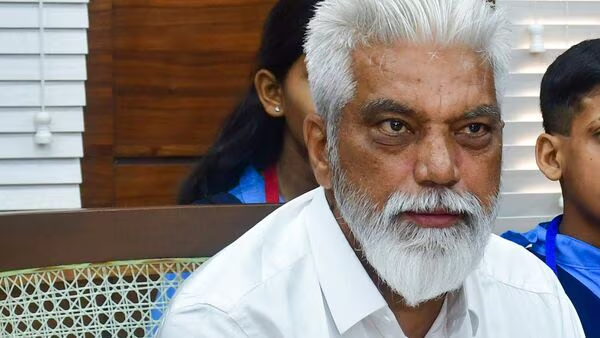
The Maharashtra government has declared that the state schools will implement the Central Board of Secondary Education (CBSE) curriculum from the 2025-26 academic year. State School Education Minister Dada Bhuse assured that the process will be implemented in phases under the National Education Policy (NEP) 2020 for Classes 1 to 12.
Presently, the Maharashtra State Board of Secondary and Higher Secondary Education (MSBSHSE) holds the Secondary School Certificate (SSC) and Higher Secondary Certificate (HSC) exams for classes 10 and 12. The transition to the CBSE syllabus will start with Standard 1 in the first phase, followed by training for the teachers in the next year. The CBSE pattern will subsequently be adopted for the other classes in two phases.
Bhuse assured that while the CBSE syllabus is being introduced, Maharashtra's history, geography, and Marathi language will continue to be part of the curriculum.
The move has been criticised, with NCP (SP) working president and Baramati MP Supriya Sule questioning its effects on Marathi language and culture. In a letter to Bhuse, she called the move disheartening and wondered if the CBSE pattern would be able to represent the state's heritage. She also asked the government to provide parents with an option of choosing between various education boards, including the state's SSC system.
In a speech to both houses of the state legislature, Bhuse outlined the implementation schedule. In 2026, Standards 2, 3, 4, and 6 will shift to the CBSE pattern, and then Standards 5, 7, 9, and 11 in 2027. The last phase in 2028 will cover Standards 8, 10, and 12.
As part of the shift, new textbooks for Standard 1 are already in development, with Balbharti overseeing curriculum modifications. The updated curriculum will emphasise continuous and comprehensive assessment rather than relying solely on final examinations. Bhuse stated that the new framework will enhance students’ soft skills, improve the quality of education, and better prepare them for competitive exams. Balbharti’s revised textbooks will also integrate technological elements to provide students with practical knowledge.